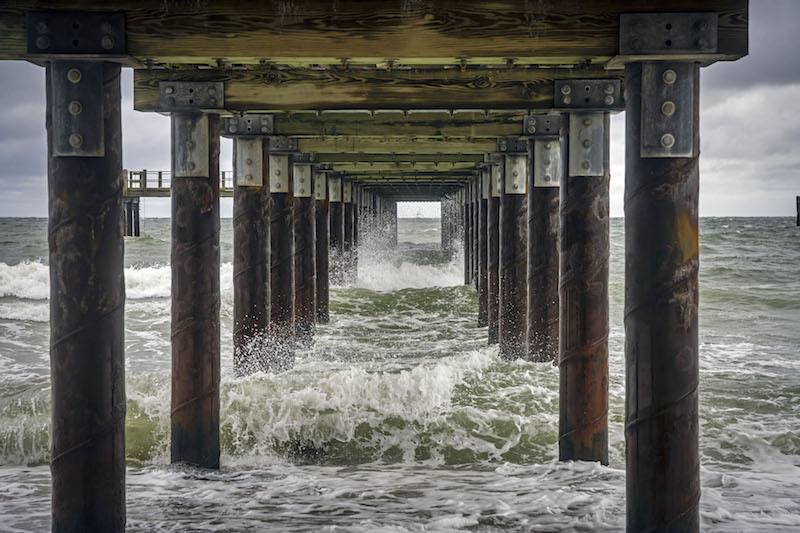Two major state and federal grants announced this week will help launch phase two of a Martha’s Vineyard climate change planning initiative and stem Island food insecurity during the ongoing pandemic.
Gov. Charlie Baker said in a release that the Martha’s Vineyard Community Foundation (formerly Permanent Endowment) will receive $1.18 million as part of more than $27 million in federal funding to address food insecurity for families affected by Covid-19.
Community foundation executive director Emily Bramhall said the money, which comes with strict guidelines, will go toward ongoing Island programs working to ensure that fresh, healthy food is available to Islanders across a variety of socio-economic backgrounds who have been financially squeezed by the pandemic.
“We are so grateful to be recipients of this Cares Act funding to address food security issues on the Island,” Ms. Bramhall said in an email. “We will be working with Island Grown Initiative and the Food Equity Network to ensure that healthy meals and groceries are provided to those in need . . . The remnants of Covid have profoundly affected everyone on the Island and we anticipate the need for food security will continue to be an issue.”
In a separate announcement, the Baker administration said it would award some $21 million in aid to commonwealth communities that have joined the Municipal Vulnerability Preparedness program.
Grant money totaling $173,843 will go to Oak Bluffs, Tisbury, West Tisbury, Edgartown, Chilmark, Aquinnah and Gosnold who have joined forces in the Martha’s Vineyard and Gosnold climate action plan. Now in a second phase, the plan is being led by the Martha’s Vineyard Commission and is expected to take a year to complete.
The end result is expected to be a comprehensive, locally-based 20-year climate action plan for the Vineyard and Gosnold.
“This is an extremely important project for the Islands,” MVC climate planner Liz Durkee said in an email.
The project will include an interactive website and community engagement on a variety of levels.
“This is not a plan that will sit on a shelf,” Ms. Durkee said. “The approach is to take the challenges of climate change and turn them into opportunities to improve our quality of life.”








Comments
Comment policy »